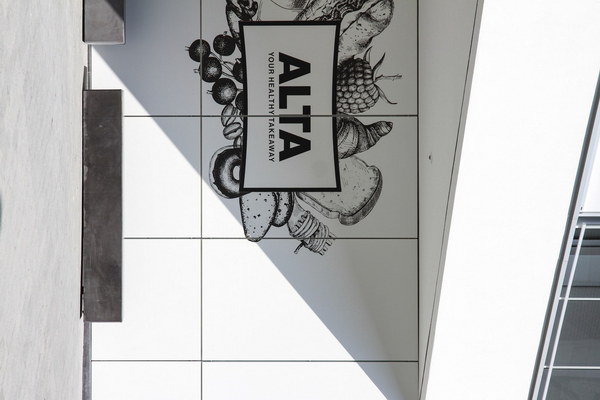Can Pregnant Women Enjoy Foot Massage A Comprehensive Guide
Introduction:
Pregnancy is a magical time in a woman's life, filled with both excitement and challenges. As the body undergoes significant changes, many pregnant women seek ways to alleviate discomfort and relax their muscles. One popular question among expectant mothers is whether they can enjoy a foot massage during pregnancy. In this article, we will explore the benefits and risks of foot massage for pregnant women, providing a comprehensive guide to help you make an informed decision.
Benefits of Foot Massage for Pregnant Women:
1. Reduced swelling: Pregnancy can lead to increased fluid retention, resulting in swelling in the legs, feet, and ankles. A foot massage can help improve circulation, reducing swelling and alleviating discomfort.
2. Relief from lower back pain: As the uterus grows, it can cause the pelvis to tilt, leading to lower back pain. Foot massage, particularly targeting the reflex points that correspond to the lower back, can help alleviate this pain.
3. Improved mood: Foot massage releases endorphins, the body's natural painkillers, which can help improve mood and reduce stress levels during pregnancy.
4. Enhanced sleep quality: Pregnancy can disrupt sleep patterns, making it difficult for expectant mothers to get a good night's rest. Foot massage can help relax the body and mind, leading to improved sleep quality.
5. Preparation for labor: Some studies suggest that regular foot massage during pregnancy can help prepare the body for labor by relaxing the muscles and reducing stress.
Risks and Considerations:
1. Risk of preterm labor: Certain massage techniques, such as deep tissue massage or those that involve strong pressure, may increase the risk of preterm labor. It is essential to seek a qualified massage therapist who has experience working with pregnant women.
2. Risk of infection: If the massage therapist does not maintain proper hygiene, there is a risk of infection. Ensure that the therapist uses clean, sanitized tools and practices good hand hygiene.
3. High-risk pregnancies: Women with high-risk pregnancies, such as those with pre-eclampsia, placenta previa, or multiple pregnancies, should consult their healthcare provider before undergoing a foot massage.
4. History of blood clots: If a pregnant woman has a history of blood clots or is at risk for developing them, foot massage may not be recommended. Blood clots can be dangerous during pregnancy, and increased circulation from a massage could worsen the condition.

Finding a qualified massage therapist:
If you decide that a foot massage is suitable for you, it is essential to find a qualified massage therapist with experience working with pregnant women. Look for therapists who have specific training in prenatal massage and ask about their experience in treating expectant mothers.
Conclusion:
In conclusion, foot massage can be a beneficial and relaxing experience for pregnant women, providing numerous health benefits while minimizing risks. However, it is crucial to consult with a healthcare provider and seek out a qualified massage therapist to ensure safety and comfort during your pregnancy. With the right approach, a foot massage can be a delightful addition to your prenatal care, helping you relax and enjoy this special time in your life.









